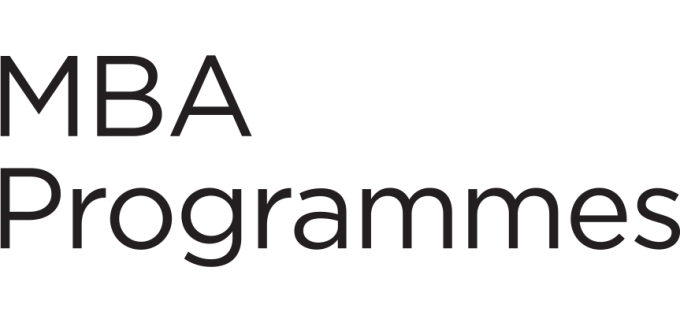
Chandan Gupta

Student Story
Having worked in strategy consulting for three years and finding the PPT-making business slightly monotonous, I wanted to get a flavour of other things before settling down in life. So, similar to most of the other MBA candidates, shifting industry post-MBA was one of the key career goals for me. And considering I chose Finance as my new interest, I eventually landed up at the financial centre of this part of the world – Hong Kong.
Coming from a healthcare background, I was really apprehensive about being able to enter into the financial services industry. So, for me, an entry-level position with a robust training platform seemed to be the most appropriate choice. Hence, I chose to apply for these types of roles once I started with my MBA. I applied to all of the training programmes offered by both global and regional banks and was fortunate to secure an offer as a Management Associate at DBS. It is very important to start sending out applications as soon as the first term begins, considering that the whole recruitment process takes 4-6 months.
Management programmes are primarily entry-level training and leadership development programmes. Companies use these programmes to build future leaders, investing a lot of resources in providing the best training and exposure. Both technical and soft-skill training is provided via classroom lectures, e-learning modules, project work and actual on-the-job responsibilities. The key focus is on gaining exposure to products, processes, policies, systems, strategy and most importantly, people. The power of networking is crucial even during the training programme if you want to outperform and gain a competitive edge. If you are looking to gain a holistic view of a company/industry, and want to identify synergies between your skills and prospective job requirements before really being able to add value to a company/industry, these programmes are a good way to start your career.
During the course of the programme, you will spend time across various departments through different rotations. For example, I will be spending seven months each in the bank’s front, middle and back offices, understanding business, meeting clients, learning policies and gaining system knowledge. During the rotations, you could be assigned rotated through routine jobs at a department or you can get assigned to various projects that aim at providing you with a learning experience and also giving you the opportunity to recommend changes to improve processes.
Once you finish the programme, you can choose to join a particular team that creates the most value for you as a professional and for your employer. The best part is that you always remain tagged as having been a Management Associate/Management Trainee, which will have unique advantages at various crossroads of your corporate career.
All the best with your career, and remember that “the universe always conspires to place you at the right place at the right time.”
Industry: Banking
Company: Julius Baer
Job Title: Director










